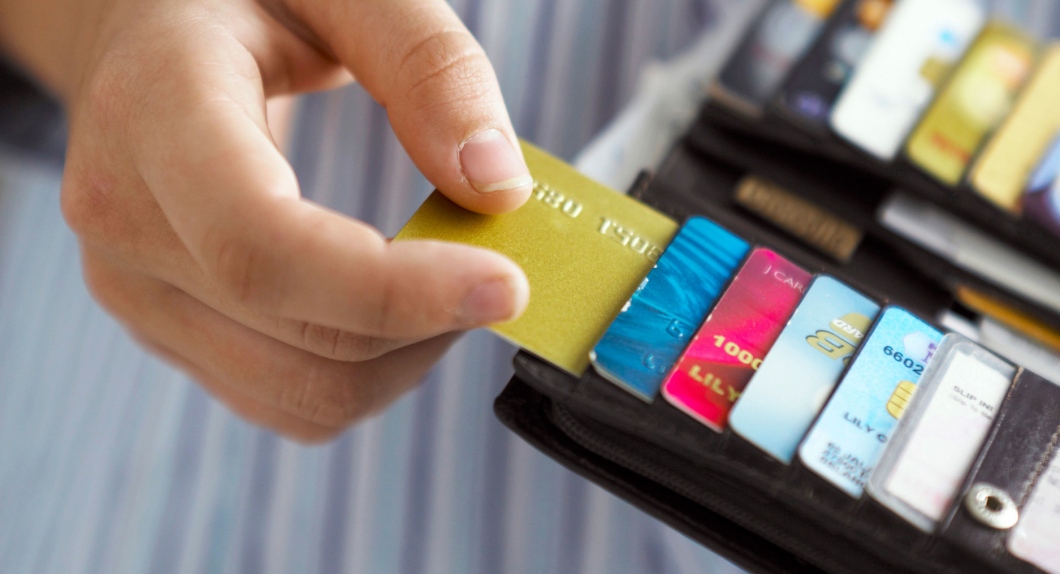When the first credit card was invented, it brought new hope to consumers and businesses alike, who were glad to avoid the risk of walking around with large amounts of cash. The idea was simple: The client gives the bank an order and the money is transferred directly to the business’ account. As technology improved and the internet was invented, the process of paying via credit card became even quicker and more efficient. However, where there is technology, there’s always someone who tries to hack it.

So at first instead of real money, we started walking around with plastic cards, then we decided that giving that plastic card to a stranger is not safe enough. Today we don’t even need the card present in order to make purchases. Ironically, this is exactly what makes credit card protection much more important.
Credit Card Protection Around the World
In some countries, this cycle of technological advancement that leads to credit card protection, has grown so extensively, that all you need to do to pay is tap your card on a credit card reader. Unfortunately, even that does not ensure that you are receiving the maximum credit card protection. There have been cases of people walking around in crowded places with cordless credit card readers, quickly stealing small sums of money straight from your pocket. Odds are, that you would never find out, unless you go over your monthly statement, and even if you do, not much can be done with 10-30£ of stolen cash. In order to prevent such theft, all you need to do is wrap your card with aluminium foil, or more elegantly, get a wallet or purse that is already lined with foil.
The Risks of Shopping Online
People encounter a much greater problem when it comes to online shopping, mainly because understanding how the technology works, is often perceived as much more complicated. There are many other risks in online shopping as well: Malicious programs that were created to save your credit card details, online-shopping sites that do not use the right type of personal details and credit card protectionprecautions become easy targets for hackers. Other risks involve a third-party or private vendor, taking your money but never shipping your order.
Since wrapping your computer in foil would not be helpful in these scenarios, make sure you follow these guidelines to keep your money safe:
- Never give anyone the complete details of your credit card. Especially not over the phone. If you need to make a phone purchase, remember that a telephone sales representative would never ask you for your pin code.
- Never keep your full credit card details in one place. If you can avoid keeping a hard-copy of your pin-code, that would be preferable. If you worry that you might forget it, we suggest disguising it as a contact or part of a fake phone number.
- Never shop online using a computer that does not belong to you. You never know if there is a keylogger on that computer recording your card details. Even if a computer does not have a keylogger, some web browsers nowadays keep your credit card details for future purchase.
- Always shop on protected, known sites. If you have the slightest suspicion, avoid completing the purchase.

